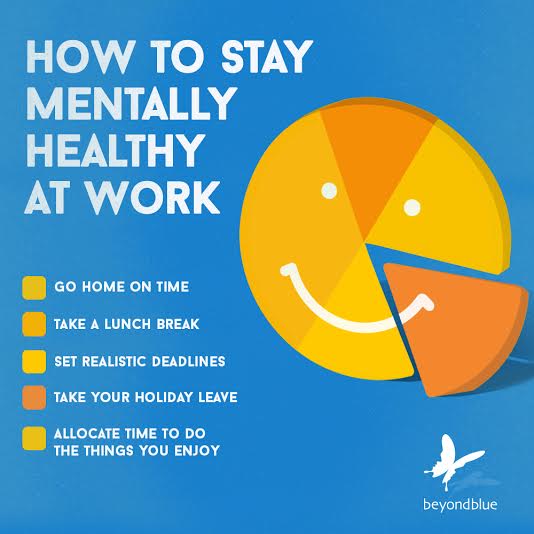
Image: iStock.
Work can contribute to your happiness in huge ways: it offers routine, camaraderie and purpose. But when your job is making you feel overly stressed, what should you do?
The importance of seeking help for depression or anxiety is generally understood, but for some reason we choose to ‘soldier on’ when it comes to stress — even though we might actually need support. And often when we are stressed, we don’t have the foresight to figure out practical ways to manage it.
According to new research commissioned by Mental Health Australia, only 18 per cent of Australians regularly seek advice or support when they’re feeling stressed or down. Meanwhile, 49 per cent of people aged over 70 said they rarely or would never seek such help.
These findings are beyond disheartening. Taking action when you are feeling stressed is easily overlooked when in reality it’s so important.
We spoke to to beyondblue’s Head of Research and Development, Nick Arvanitis, about the main factors that can contribute to workplace stress, and ways we can all make sure we are staying mentally healthy at work.



